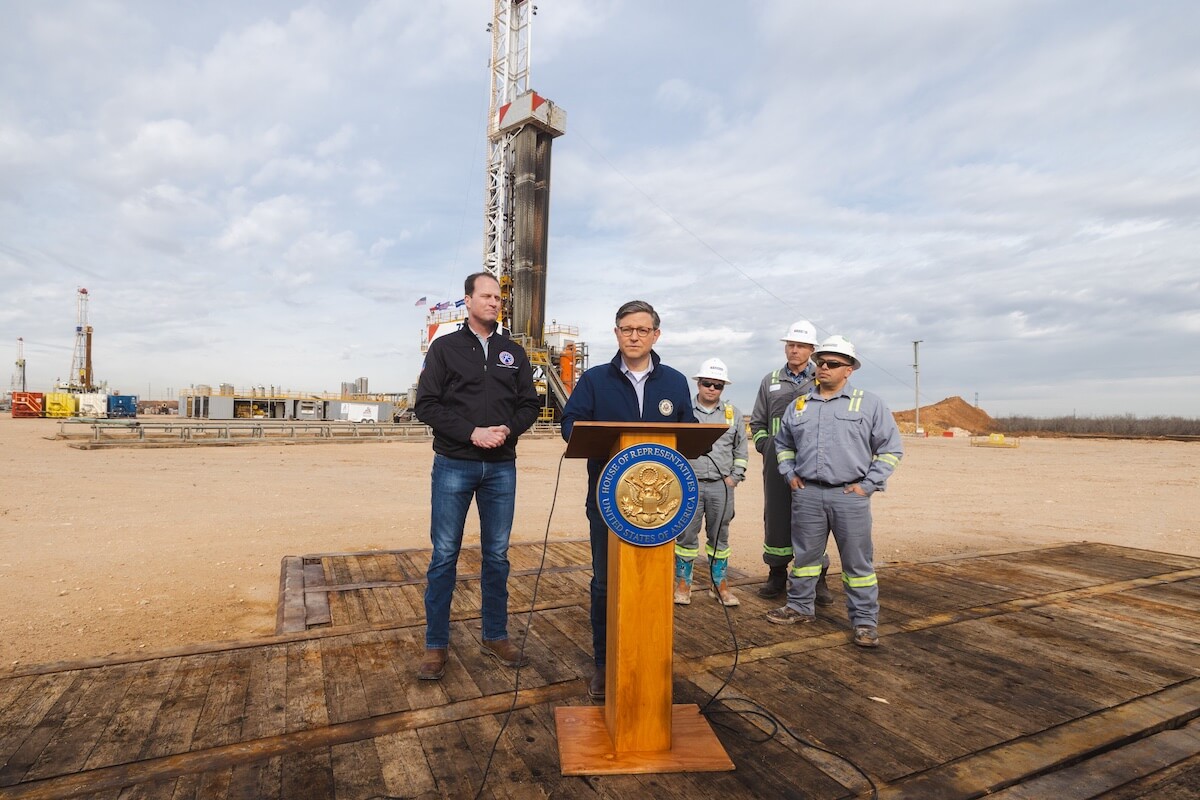Corporations have embraced net-zero. Some 322 companies have signed The Climate Pledge and even more have made public commitments to address climate change. More than 700 companies have set NetZero by 2050 targets (although two-thirds don’t yet meet minimum reporting standards).
To reach their greenhouse gas reduction goals, corporations are trying to green their operations and energy usage. But there’s another opportunity they haven’t yet embraced: decarbonizing their financial assets.
Thirteen of the world’s largest non-financial companies cumulatively held cash and investments that exceeded $1 trillion as of February 2022. The holdings generate emissions at a huge scale.
In addition, over $8.4 trillion in assets are held in 110 million 401(k) employee retirement plans across the U.S. On average, 401(k) plans have financed carbon emissions of 64 ton of carbon dioxide equivalent per $1 million in retirement assets invested.
Retirement plans
Employee demand for climate-friendly fund options is accelerating. Just 37% of 401(k) and 403(b) plan participants said they were offered ESG-related investment options by their employer, according to Schroder’s 2021 U.S. Retirement Survey. Of the employees for whom ESG-focused options were available, nine out of 10 chose to invest in them, the survey found, and 69% said they would or might increase their overall contribution rate if ESG options were offered.
Design matters, too. Employees with opt-out, or negative consent, systems are less likely to diverge from the default settings, research shows. This is relevant not only to asset allocations, but also automatic escalations in contributions or contribution percentages.
By providing and enrolling employees into climate-friendly ESG funds, corporations have an additional opportunity to spark a shift in capital. Employee demand, availability of climate-friendly funds, and changes in policy are coalescing to create a large opportunity to reduce emissions in 401(k)s.
The Carbon Impact of US Company-sponsored 401K Plans, a recent report by the Business for Climate Finance Initiative in collaboration with Mercer and The CFA Institute, outlines three steps companies can take to decarbonize employee retirement plans.
- First, companies should fully understand and measure the climate risks and climate-related financial impacts associated with their existing retirement plans.
- Secondly, companies should offer 401(k) options that explicitly consider financially material climate impacts. Companies like Sphere and Carbon Collective have created investment options and tools for companies and employees to elect ESG-focused climate-friendly 401(k) options.
- And lastly, companies should understand how carbon emissions from retirement plans can play a role in corporate climate strategies.
Corporate Cash
Cash deposits are often held at traditional banks. Across the leading industrial and developing nations, banks have $13.8 trillion of exposure to carbon-intensive sectors. By moving capital towards climate-friendly lending at sustainable depository institutions, such as credit unions, minority depository institutions, and B Corp banks, corporations have the opportunity to generate comparable returns while achieving climate pledge-related goals and pursuing anti-racist policies.
Netflix, for example, has already moved up to 2% of its holdings, or $100 million, to Black banks to help close the racial equity gap. Twitter, Square, PayPal, Uber, and Yelp have each made their own pledges to invest in black-owned banks.
By banking with sustainable banks (such as Optus Bank, which is also a Black-owned bank), credit unions (such as the Clean Energy Credit Union) or Community Development Financial Institutions, companies are not only withdrawing their money from carbon-intensive projects, they are actively supporting institutions that invest in clean energy and community enrichment projects. Many of these institutions are willing implementation partners to facilitate and support a company’s decision to move their money.
The Business for Climate Finance (BCF) Initiative is working to provide recommendations to support non-financial companies in their climate finance efforts. By including retirement accounts and cash deposits in GHG accounting and leveraging the decarbonization of these assets to meet net zero commitments, corporations have the opportunity to significantly create systems change in climate finance. This two-phase strategy also provides the opportunity for employers and employees to align on climate goals.
Racial justice
Cash deposits and defined contribution plans present a much larger opportunity to address climate change – and to do so with justice and equity at the forefront.
Climate change and social justice are inextricably linked. Climate change affects all humans, but it disproportionately affects socially vulnerable communities globally. Socially vulnerable communities and other marginalized groups experience income inequality, increased exposure to environmental toxins, and health vulnerabilities. These conditions make it more difficult to prepare for and recover from extreme weather events caused by climate change.
In the U.S., Hurricane Katrina illuminated the ways in which race, income levels, and extreme weather events intersect and more severely affect Black, Indigenous and other systematically marginalized communities. A study conducted by Rice University that compared the extent and effect of community reinvestment efforts following natural disasters in predominantly white vs. predominantly black communities. The results underscore the need for climate and racial justice to be considered in tandem; white families saw their average wealth increase by ~$126,000 following a natural disaster while black families saw their wealth decrease by $27,000.
By approaching climate change from a justice, equity, diversity, and inclusion (JEDI) perspective and centering on frontline communities, investors achieve the broader goals of the environmental movement – harm mitigation, resilience, and ecological restoration – more equitably and with greater efficiency.
This article was prepared by Jenna Nicholas and the Business Climate Finance / Impact Experience team. Impact Experience builds bridges and deep relationships between impact investors, foundations, corporates, entrepreneurs, artists and local leaders to co-create solutions with marginalized communities.











